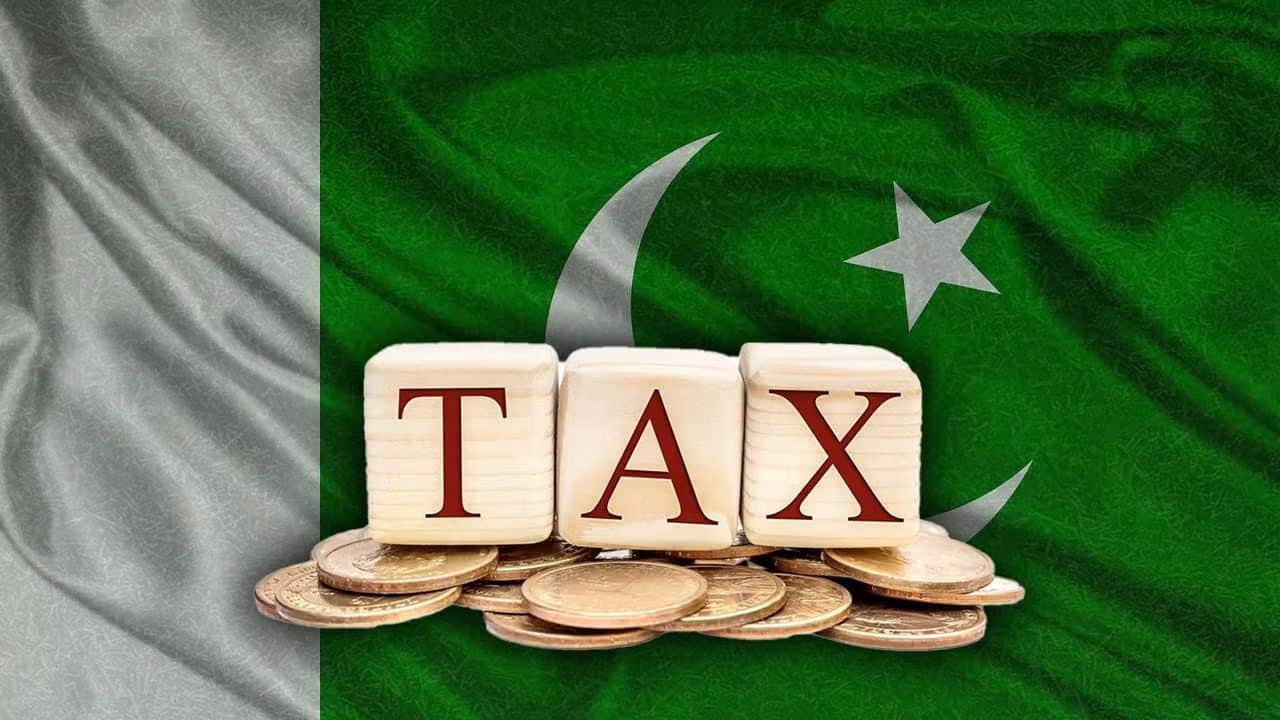The Supreme Court was told on Wednesday that as a general rule, taxpayers cannot be targeted for double taxation and they have the right to pay for which two similar tax laws.
The five -member constitutional bench, headed by Justice Aminuddin Khan, raised a case for challenging the implementation of a super tax under Section 4B of the Income Tax Ordinance 2001. The bench included Justice Jamal Khan Mandokhil, Mohammad Ali Mazhar, Syed Hassan Azhar Rasawi, and Shahid Bil.
Representing several taxpayers’ companies, Barrister Frogh Naseem argued that there is a significant difference in the language of tax laws from 1922 and 1976, and that the current legal framework does not allow super tax as an additional levy. He explained that super taxes or surcharges can be applied when income is estimated, but the law does not allow tax to be taxed twice on the same income.
Justice Jamal Khan Mandokhel questioned how a super tax can be imposed on which has already been taxed, to which Naseem replied with an example: If an account was opened in January 2021 and closed until December 31, 2021, the taxpayer was already filled. His responsibilities emphasized that no additional tax is clearly mentioned in Section 4C of the Income Tax Ordinance, and the taxpayers should have the option to pay under Section 4 or Section 4C.
Justice Mandokel put more pressure, asking where this legal option started. Naseem replied that this is a well -established principle that, when two such rules apply, the taxpayer can choose a more favorable choice. Pulling the criminal law parallel, Justice Mandokhel noted that when two parts apply to a crime, the punishment is usually given under less punishment – a principle that, according to detection, should also apply to tax law.
Note Naseem’s experience compared to the former MP, Justice Mandokil inquired about running Section 4C. Naseem made it clear that he was not involved in his race.
The hearing was postponed till Thursday (today), in which the Barrister Furg Naseem was ready to continue its arguments in front of the bench. The matter is being closely seen by the business community, as the results can lead to significant implications for the interpretation and application of super tax provisions in Pakistan.

